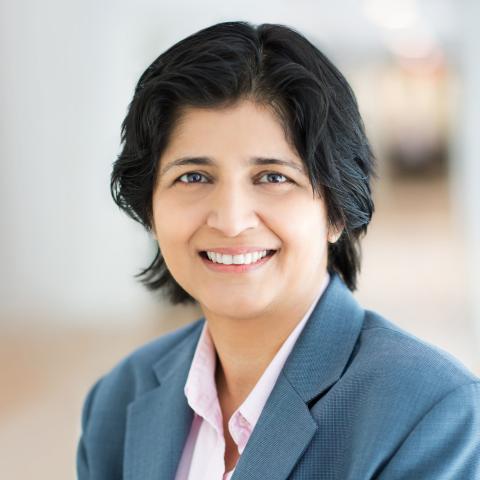Every time a new regime comes to power in Pakistan, the then American--and Indian--administrations decide that it is time for a 'reset.' What is required, however, is not reset but rethink.
Washington and New Delhi have been abuzz for the last few weeks with analysts seeking a reset in relations with the new Nawaz Sharif administration. While ties with Pakistan are important for both countries maybe what both India and the US need to do is rethink what their past policies have achieved in Pakistan before moving forward.
Pakistan's leaders have often taken advantage of these 'resets' to once again make the same offers they make every time and subsequently fail to keep.
As I have argued in my book Explaining Pakistan's Foreign Policy: Escaping India Pakistan's ties with the US, as with almost every other country, have been framed by its India-centric foreign policy. Since Independence in 1947 Pakistan has sought in the US a strong ally who would build Pakistan's economic and military resources to help it stand up to the perceived existential threat, India.
For the US, however, Pakistan has been one of the cogs in the wheels of its global policy, whether the anti-Soviet northern tier during the Cold War or the anti-terrorism policy since 9/11.
The two countries, however, have rarely had the same interests or the same enemies. For Pakistan, India was and has always remained the primary threat. For the US, however, India has never been a threat and rather from the 1990s has become a valuable partner and potential future ally.
Further, on vital issues, like terrorism and Afghanistan, Pakistan's leaders do not see eye-to-eye with their American or Indian counterparts.
On the issue of terrorism, most Pakistani leaders, both civilian and military, still differentiate between those who are viewed as freedom fighters or 'wayward children' and those who are enemies. Groups like the Afghan Taliban and Lashkar e Taiba come in the first category and al Qaeda comes in the second. What is forgotten or ignored is that these groups have often helped each other in planning and organising attacks both within and outside Pakistan.
Further, there is little evidence of any concerted effort by Pakistani leaders, public intellectuals and the media to help change the public discourse in Pakistan, to change the narrative from 'drones are causing people to become terrorists' to 'why is Pakistani society radicalising and what needs to be done about this?'
If we look at Afghanistan, we again see a divergence of views between what the Afghans, the US and other countries including India would like to see and what Pakistan seeks. Those groups whom Pakistan supports--the Afghan Taliban, the Haqqani network and their allies--are groups who are fighting and killing Americans, Indians and Afghans. While there has been a lot of talk about 'talking to the Taliban' one should not forget that you can only have talks when there is a basic agreement between both sides on what is the bottom line and if both sides have the same concept about what 'negotiations' and 'talks' which doesn't appear to be the case over here.
That a stable, civilian and democratic Pakistan is in India's vital interest is acknowledged by almost every Indian, policy maker and even lay public. It is true that for the last few years most of Pakistan's civilian leaders have recognised the need for better ties with India. In neither of the last two elections, 2008 or 2013 was India an election issue. Both the former PPP-led government and the current PML-N led government have reaffirmed their desire to rebuild ties with India.
However, intentions should not frame policy, rather actions should. And as long as the Pakistani military-intelligence-technocratic complex frames and shapes Pakistan's worldview and foreign and security policy it will be difficult to move forward. There are many analysts who have made the argument that there has been a change in this worldview but one has yet to see any visible changes, which would include a concerted effort to change the national discourse, in the media and beyond.
The argument being made here is not that one should not talk with Pakistan or have a dialogue. The author believes that it is important to have talks but they should not be simply 'talks for talking' sake. Just because a new administration has come to power in Pakistan should not be an excuse for believing that there will be a new era in ties. The new Pakistani administration should not be allowed to use the same arguments that have been made earlier to paper over differences on vital issues.
In this context what is required is that instead of announcing talks or a reset of ties with Pakistan, both New Delhi and Washington should adopt a wait and watch policy. They should see whether Islamabad--and Rawalpindi--is willing to go beyond the rhetoric of words.
Pakistan's leaders have often taken advantage of these 'resets' to once again make the same offers they make every time and subsequently fail to keep. Maybe it is time someone held them accountable for their words and actions.



















